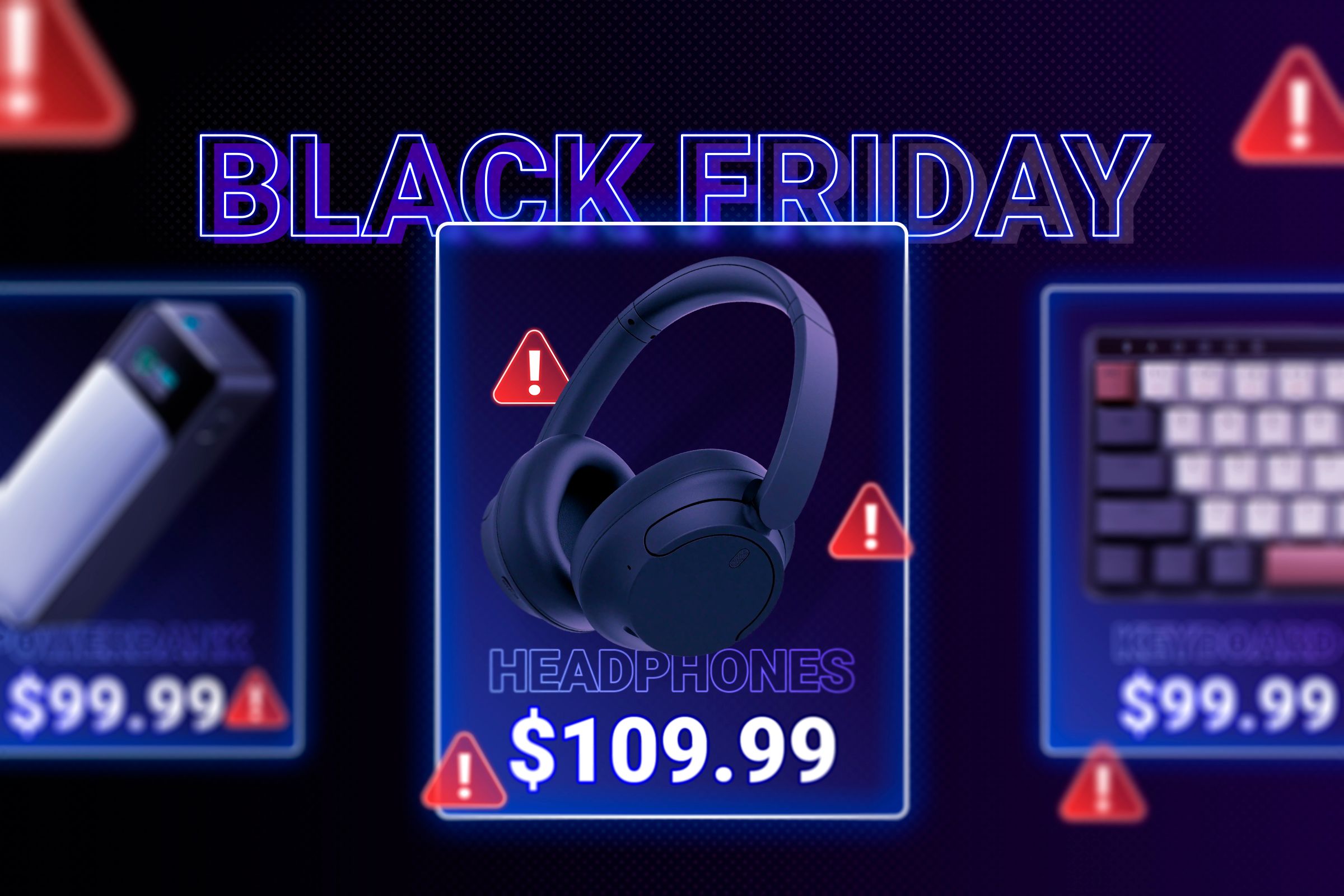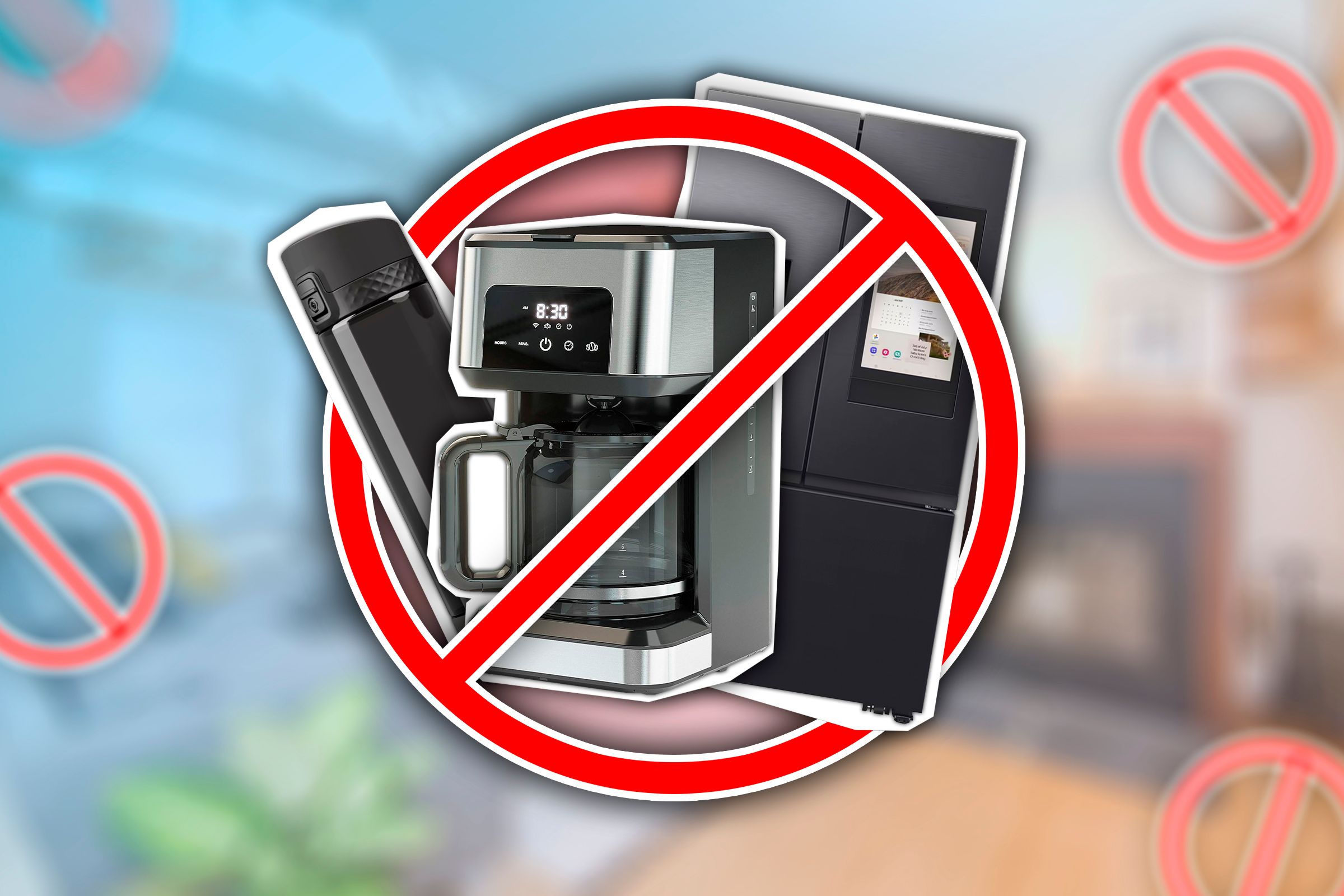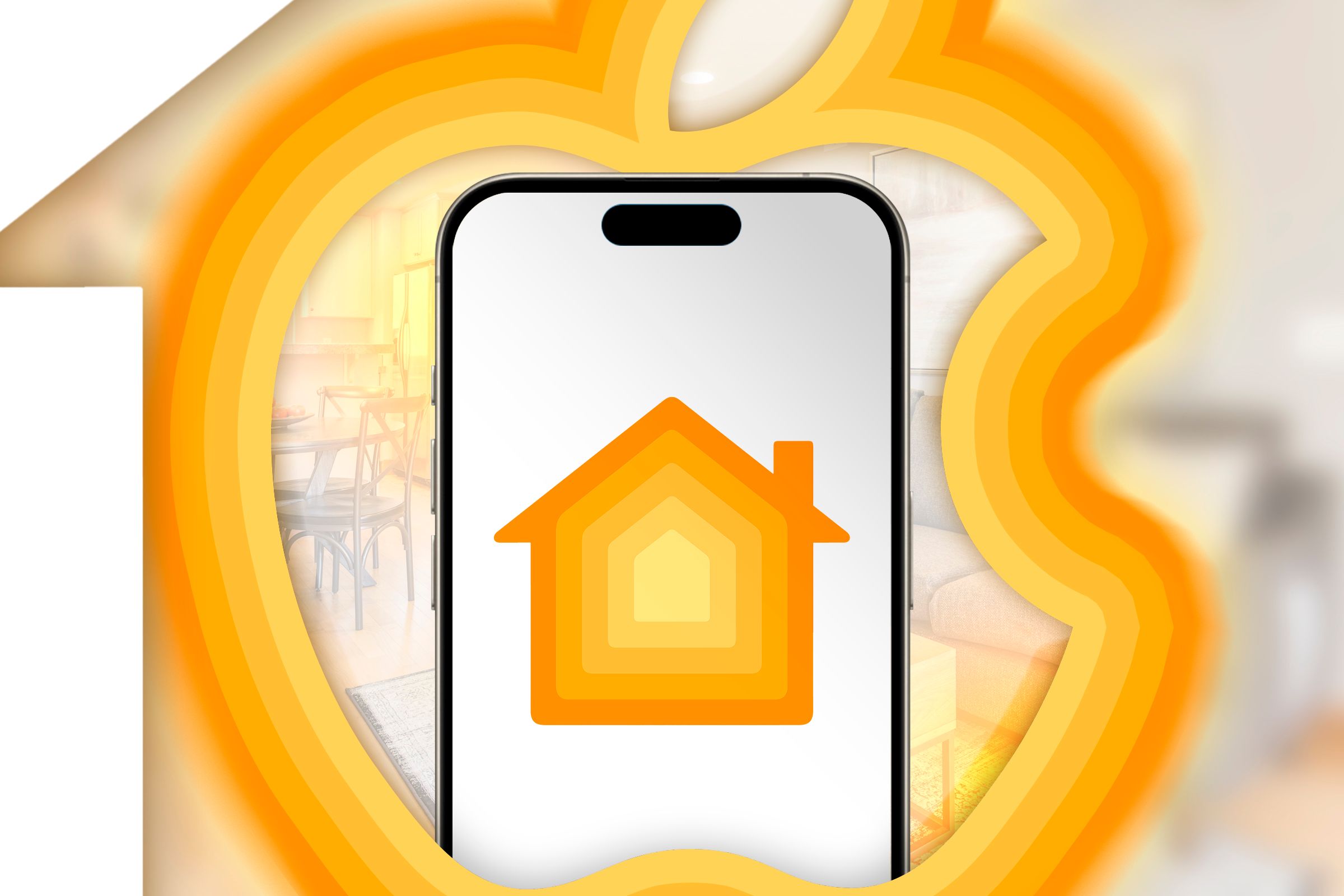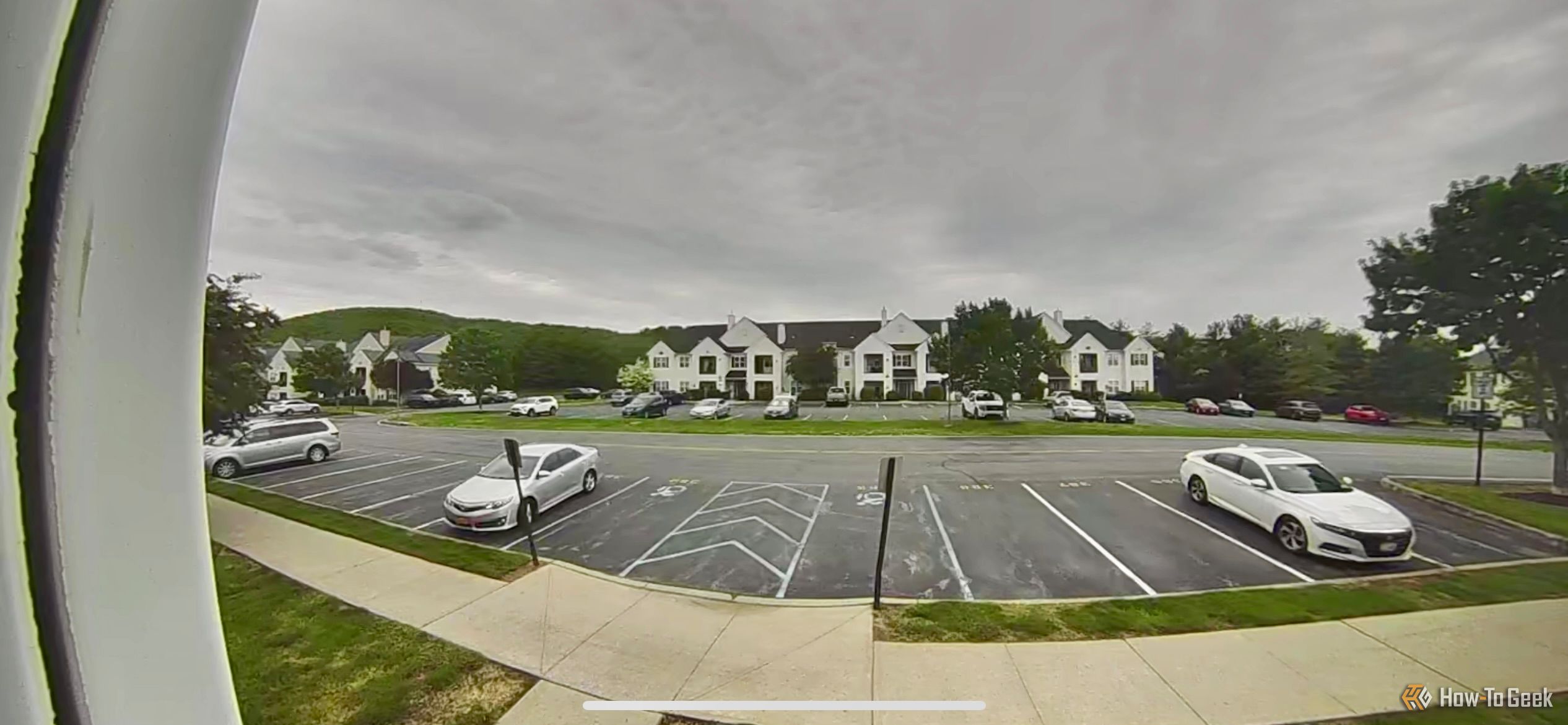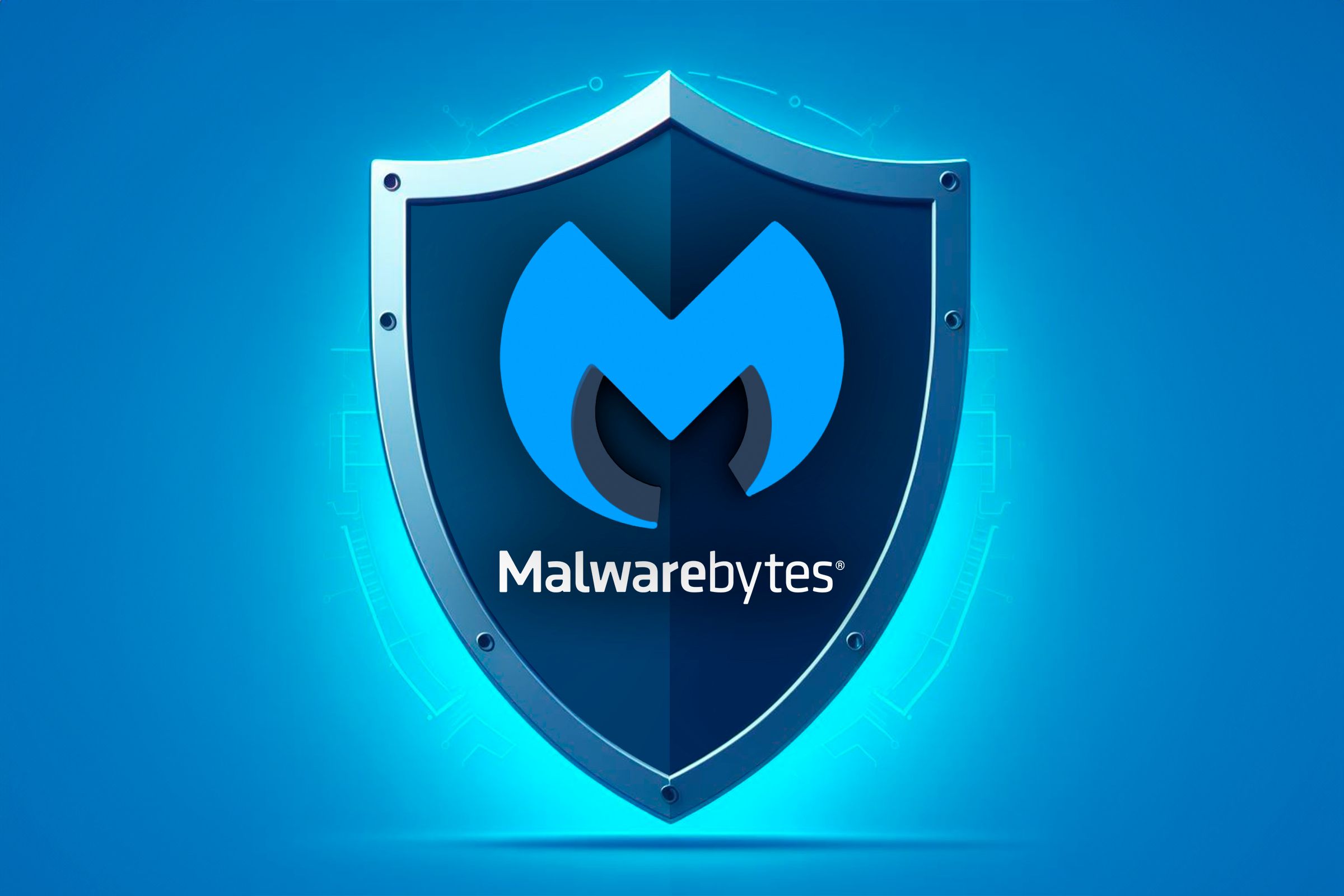Don’t Waste Your Money on No Name Smart Home Brands This Black Friday
Black Friday
Key Takeaways
- Cheap smart home gadgets compromise on quality and longevity, have limited support for existing ecosystems, and often use sub-par software.
- Worse still, security and privacy is a real concern with no-name brands since they have no reputation to uphold, and software may be out of the manufacturer’s control.
- You can save money on reputable brands by waiting for sales events and buying last year’s model instead.
It’s not worth compromising your smart home experience to save a bit of money. Those “savings” could be for nothing when you eventually replace your cameras, lights, and doorbell with reputable brands instead.
Cheap Doesn’t Mean Good
No-name brands have flooded the market with everything from smart plugs to whole-home security systems. These products undercut the more reputable offerings at the best of times, but during sales events like Black Friday, it can often feel like they’re being given away.
This isn’t always a bad thing, like when you’re buying tools for managing cables around the house. It’s a bit more of an issue when you’re depending on the device to make your life easier, add functionality to your home, or improve security.
Cheap goods are cheap for a reason. They’re not necessarily built to last, because manufacturing an object out of high-quality materials costs more money. Refining a design that can withstand prolonged use (and be pleasant to use) takes time. These corners are easily cut.
Look out for brands you don’t recognize, with names that look like somebody just mashed the keyboard and said “That’ll do!” Even if these brands have good reviews, many of them are fake. Learn how to spot fake reviews on Amazon and other websites.
Limited Support for Smart Home Ecosystems
The most important thing to consider when shopping for smart home goods is which ecosystem you’re going to use the device with. While most smart home devices also come with manufacturer-designed apps (more on this later), the real magic happens when you pair your smart plug, lights, or cameras with an established ecosystem.
Which ecosystem you pick largely depends on your existing devices. Amazon Alexa, Google Home, and Apple HomeKit are the three big ones. While Amazon support can be seemingly found on almost anything, it’s more difficult when it comes to the other two.
Apple’s platform in particular is less popular, and HomeKit tech tends to be more expensive in general. Your choices are going to be limited if you have a house full of iPhones and iPads since HomeKit is the best choice for Apple households. There are some money-saving upsides like HomeKit Secure Video, but many no-name brands skip Apple’s ecosystem altogether.
Matter support is something that more and more brands are adopting, which means that the device you’re buying will work with all major ecosystems (plus SmartThings). As you can probably guess, Matter support is thin on the ground when it comes to no-name smart home devices at the moment.
In addition, you might also be interested in using your device with the open-source local smart home platform Home Assistant. Home Assistant brings all manner of devices together by using a server running on your local network. While there are thousands of supported devices, you’re got a far better chance of finding support for well-known brands since more people are likely to be using those devices.
Manufacturer Apps (Usually) Suck
You should aim to pair your smart home devices with an ecosystem from Amazon, Google, or Apple so you can do neat things like create automations and trigger routines. This lets you do things like tell your smart camera to turn on your porch light when it detects movement after nightfall or answer your doorbell with your smart speaker.
Without this integration, smart home devices are missing a large chunk of their utility. You may be stuck relying on the bare minimum manufacturer app, which means you’ll have to do everything manually using an app on your smartphone or tablet.
These apps are often half-baked, even from reputable brands. But you’re really rolling the dice when you pick a random manufacturer you haven’t heard of. There’s a chance the app will suck from day one, and only get worse as the software ages and the manufacturer fails to update it (or abandons it altogether).
Many of these smart home brands use a third-party app for this sort of connectivity (like the Aiwit app). This means everything from stability to security is outside of the manufacturer’s control and at the behest of whoever is maintaining the app.
Privacy and Security Are Also Concerns
Not everyone trusts smart home devices. While there are some exceptions where privacy isn’t a concern light lighting and smart plugs, a large number of smart home devices could put you at risk. This is especially true when it comes to recording equipment like cameras.
Unsecured cameras can broadcast their view to the entire world, and that’s a problem if you’re hoping to use them as security devices. Even some of market-leading smart doorbell brands have learned valuable lessons about privacy at the cost of their reputations.
But things get worse with no-name brands, like the example of Eken Group Ltd., a manufacturer that makes budget-friendly smart home doorbells that were discovered to be transmitting Wi-Fi passwords in plain text and making it trivial for would-be snoopers to access saved footage.
If you absolutely must skimp on smart home tech, do it with devices that aren’t recording you.
You Can Save Money on Reputable Brands Too
Though you’ll pay more for a brand you recognize, saving money is still possible. You just need to wait for a sale event and be ready to buy. Put in your research before Black Friday, and scour the digital shelves with your shopping list in hand.
Retailers like Amazon and Best Buy go live with their Black Friday deals way before the last Friday in October. There are also sales at the end of December, and during the summer months that you can take advantage of. Buying last year’s model is a great way to save money by looking for discounts after product refreshes.
Understand when a deal really is a deal by checking price histories and using browser extensions like The Camelizer.
For Black Friday 2024, Amazon has deals on the current models of the Ring Battery Doorbell (40% off at $59.99), Ring Battery Doorbell Plus (33% off at $99.99), and Ring Wired Doorbell Pro (35% off at $149.99). Google’s Nest Doorbell (battery) and Nest Doorbell (wired) are also both on offer at $99.99.
-
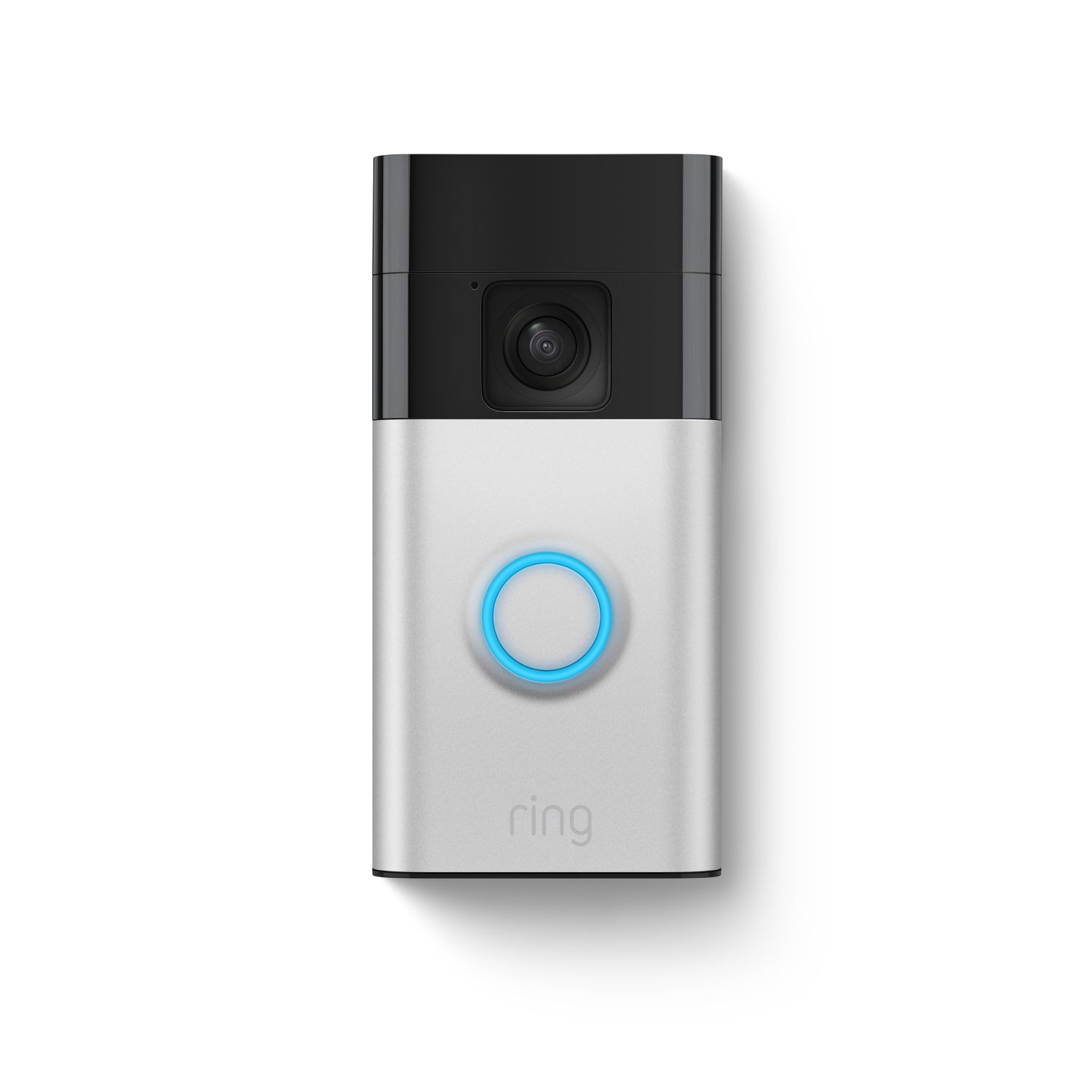
Ring Battery Doorbell
$60 $100 Save $40With its head-to-toe 150-degree FOV, color night vision video, and extended battery life, the Ring Battery Doorbell is an excellent item for both home security and personal convenience.
See at Ring$60 at Amazon -

Ring Video Doorbell Pro 2
$150 $230 Save $80This HD video doorbell detects who is at your door and lets you see them in HD head-to-toe video, no matter if it is daytime or nighttime. Plus, it has built-in Alexa Greetings.
$150 at AmazonSee at Best Buy
You almost certainly don’t want to skimp on a smart lock, and you don’t have to. The Aqara U100 and Philips Smart Lock both have $100 off. If security cameras are more your style you can save almost 50% on eufy’s S330 four-camera kit with Homebase which has a list price of $800 and records locally.
Even Philips’ notoriously expensive Hue range has discounts, like 44% off a three-pack of A19 color-changing bulbs. Deals can also offer a good opportunity to experiment with new smart home devices, like the Third Reality Vibration Sensor (40% off at $11.99) which you can put to good use in some creative ways or a simple Kasa Smart Light Switch (45% off at $10.99).
-
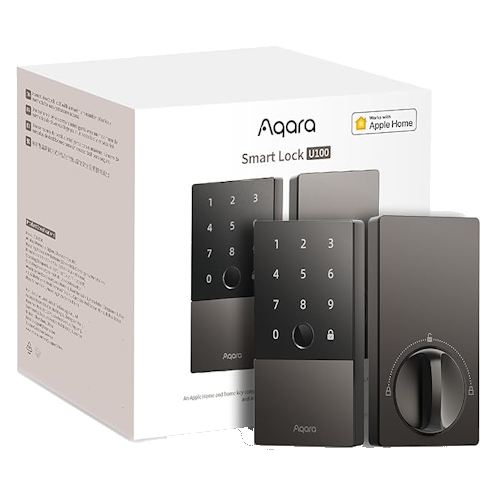
Aqara U100 Smart Lock
$130 $230 Save $100$130 at Amazon -

Kasa Smart Light Switch HS200
$11 $20 Save $9The HS200 lets you control anything a standard light switch controls—all from your phone. Turn your lights, ceiling fans, and other fixtures off and on no matter where you are.
$11 at AmazonSee at Best Buy
You Get What You Pay For
Don’t fall for the false economy of cheap smart home devices that compromise usability, security or privacy, connectivity, and durability. Smart home devices are more than just gimmicks, they should elevate your living space.
Thankfully, Black Friday makes it possible for everyone to grab a bargain. Check out our favorite 2024 Black Friday deals.










